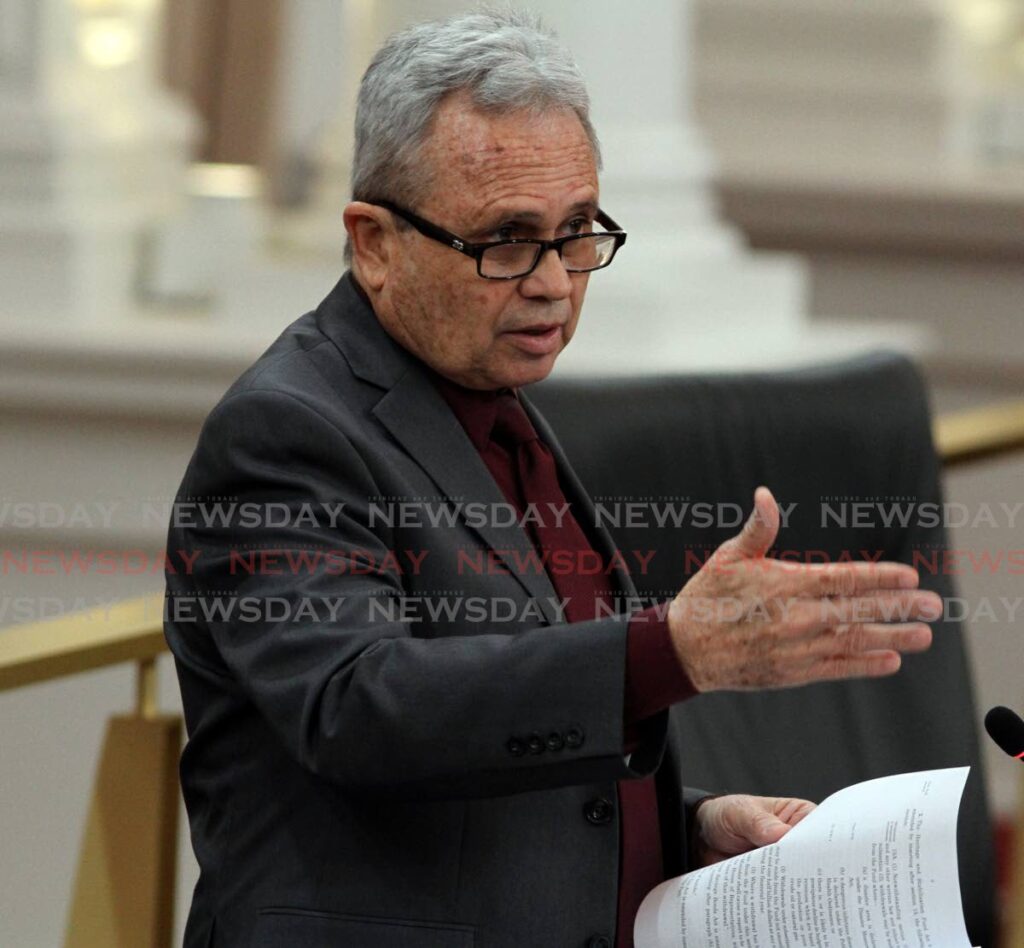Understanding procurement act

THE EDITOR: The JCC (Joint Consultative Council) is cognisant of the concerns raised by various parties regarding the recently enacted procurement legislation and would like to provide some perspective.
It is understandable that any new legislation aimed at bringing about significant reforms to an inefficient system, which lacked transparency in public expenditure, would face some initial challenges.
One recent example highlighting the issue surrounding contracts required to provide goods and services for Caricom's 50th anniversary, which demonstrated the growing pains associated with national progress. To address these challenges, a fundamental change is necessary on the government side to become more proactive in planning and budgeting.
The operationalisation of the procurement legislation in March 2023, after years of delay, appears to have caught many stakeholders off guard, particularly those who were comfortable with the status quo.
However, it is important to note that government entities have been adequately trained by the Office of Procurement Regulation (OPR) over the past five years, as documented on the OPR's website (Ref: https://oprtt.org/2023-sessions/).
Even after the legislation came into effect, the Ministry of Finance conducted seminars to educate various ministries about the new procedures required for compliance with the new law.
For routine activities such as capital investment projects or maintenance contracts, government agencies should already be prepared to operate within the framework of the new legislation. However, if there are upcoming events such as summits, the respective state agencies in charge should start the procurement process now to ensure the timely acquisition of goods and services.
Section 27 (1) (a) of the 2015 act mandates procuring agencies to publish information on planned procurement activities for the next 12 months on their website or in any other electronic format, no later than six weeks after the approval of the national budget.
The JCC firmly believes that increasing exemptions under section 7(6) (e) of the amended act (2020) is not a viable solution, as it would undermine the effectiveness of the legislation in promoting transparency and reducing corruption in public spending over the medium and long term.
Complaints from various arms of the private sector about the perceived hurdles they need to overcome should not be taken too seriously, in our opinion. The private sector understands that if it wishes to conduct business with any government agency involving public funds, it must comply with the registration requirements of the OPR's online depository.
Unlike state-owned companies, private organisations are driven by profit-making incentives and, therefore, they should stop complaining and fulfil the necessary online registration and maintenance obligations. We are aware that the OPR has dedicated personnel available to assist with the registration process.
The current system of the OPR Depository serving as a one-stop shop replaces the previous annual registration calls (with associated fees) from each state body. This represents a significant step towards increased efficiency, resulting in substantial time savings for both suppliers and the agencies themselves.
FAZIR KHAN
president, JCC

Comments
"Understanding procurement act"